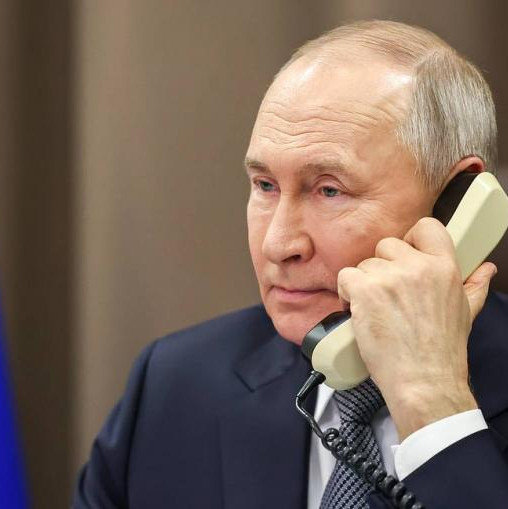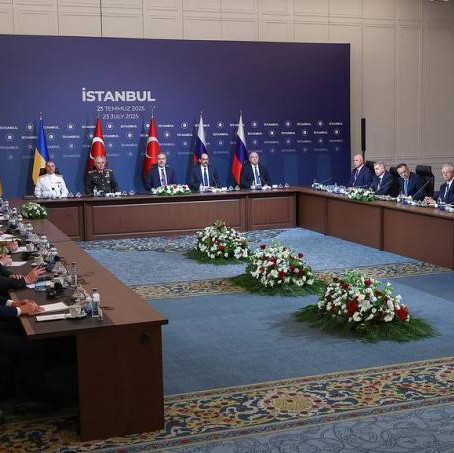
Asahi newspaper ex-editor-in-chief Yoichi Funabashi has published an extensive monograph on policies by former Japanese Prime Minister Shinzo Abe based on a series of interviews with the politician, among other things. It particularly features proposal details for resolving the issue of southern Kuril Islands (Kunashir, Iturup, Shikotan, and a group of small Habomai islets) that Abe set out during negotiations with Russian President Vladimir Putin.
Abe was sure that with China becoming a major power, Japan would not be able to pursue a confrontational policy on two fronts, so a peace treaty with Russia was required, the Japanese journalist notes.
Tokyo's political course in the post-war period provides for a peace treaty only given the resolved issue of the so-called "northern territories", i.e. de facto return to Japan of the four southern Kuril Ridge islands, which Tokyo deems as illegally occupied.
Moscow, on the contrary, believes that its sovereignty over of the islands is based on the post-war settlement’s key documents — the Yalta Agreements, the UN Charter, etc., and the term "transfer" (not "return") of the Habomai and Shikotan islands mentioned in the 1956 Russian-Japanese Declaration that followed their peace treaty indicates Japan's acknowledgement of these territories’ belonging to Russia. But the Declaration does not outline any specific transfer order. Nevertheless, the Tokyo Declaration of 1993 stipulates Moscow’s agreement to negotiate territorial demarcation in the southern Kuril Islands with Japan.
During Singapore negotiations of 2018, Funabashi claims, Abe offered Russian President Vladimir Putin drawing the border in such a way that the Habomai islets and Shikotan are Japan’s, with Russia granted preferential treatment in those territories. Similarly, Kunashir and Iturup should have been recognized by Tokyo as Russian territory, while granting the Japanese a privileged regime for their activities there. These two islands are most economically developed, playing host to a number of Russian military facilities and occupying about 80 percent of territories claimed by Japan.
In general, the proposal reflected a significant correction in Japan's official course towards solving its "territorial problem" with Russia. However, the provision of exclusive benefits infringes on both sides’ sovereignty.
In Singapore, the Russian President positively assessed Japanese proposals, but the Russian side did not subsequently go ahead with their implementation, Funabashi says.
According to the Japanese journalist, the talks saw Abe say that he was confident in being able to convince Trump not to deploy US military bases in the "northern territories." Later, speaking before the Japanese parliament in January 2019, he argued that "the United States has the right to deploy its military facilities in Japan under the Japanese-American security treaty, but the location must be agreed with the Japanese government."
However, even after that, the Kremlin repeatedly expressed grave concern about a potential deployment of American troops in the southern Kuril Islands in the course of Russian-Japanese negotiations. "...in discussing a peace treaty, we are obliged to ensure a peaceful future, and this means there should be guarantees against any surprises, such as the possible deployment of US forces," the Russian leader told the World Economic Forum in 2021.
Notably, the US-Japanese security treaty provides that Japan lets the United States deploy military bases in its territory in exchange for protection guarantees. Establishment of a precedent with the refusal to launch bases in the islands would undoubtedly overshadow the atmosphere of Japanese-American military cooperation, which Tokyo greatly appreciates.
Just a reminder: in May 2022, Abe, who was not prime minister anymore, said the following in an interview with Britain’s The Economist: "Both China and Russia are becoming challengers to the orders that have been established since the end of the war. Over the past few years, the two countries have conducted joint military exercises in the Indo-Pacific region, as well as the Mediterranean Sea. Last year, there was an exercise by Chinese and Russian naval vessels where they circled the Japanese archipelago. In that context, I thought about breaking up the Sino-Russian partnership as much as possible."


